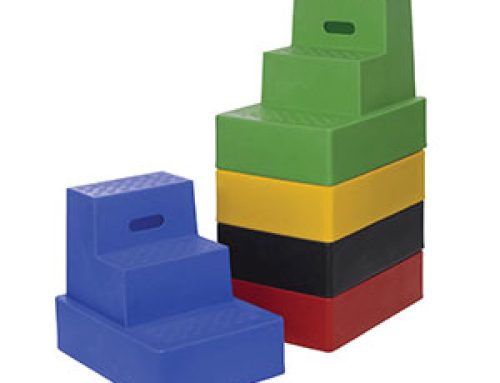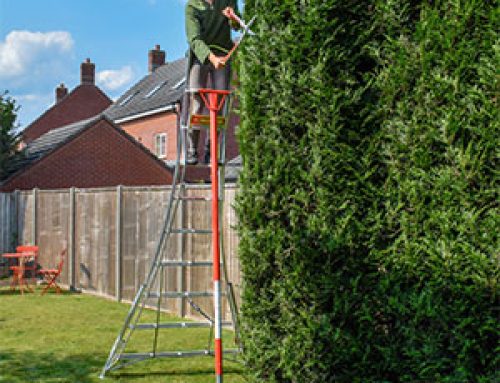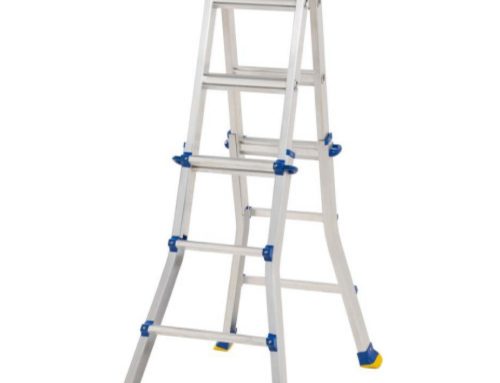Ladders are incredibly useful tools, and they help us with our daily lives frequently. In fact, we often forget how useful the ladder can be and how long it has been around. As with everything, the word 'ladder' originated from somewhere, and it can be interesting to look into the past and discover the origin of the name as well as its evolution through time. So, after quickly refreshing ourselves with the early origins of the ladder, we can take a look the etymology of this important tool and discover exactly where the word came from.
A Brief History
We have covered this before but for those of you who are new to our blog, it is thought that ladders originated around 10,000 years ago as they were found in cave paintings in Spain. This shows that they have been around for a very long time, and while the material they are made from has changed drastically (some were made from strong grasses), their use has not decreased. In fact, with taller buildings, lofts, and all the maintenance that is done to buildings, they have probably become more useful now than they ever were. They have been used in war, construction, painting, saving lives, and even as furniture showing their diverse purposes throughout history. Without the ladder we would be stuck at ground level, unable to reach the perfect fruit, or even the gutters when they need cleaning in the autumn. They certainly have come a long way since their creation!
The Definition
The definition of a ladder (as a tool) is as follows: a structure of wood, metal, or rope that commonly consists of two side pieces made from these materials. Between them are a series of rungs (bars) that have been set at suitable distances so that they are acceptable as a means to climb up or down. OR Something resembling the above in shape or structure.
The Etymology It would appear that the word ladder has West Germanic origins. Proto-Germanic words for the tool varied from region to region, beginning with the word khlaidri. Other forms of this word from the Germanic world were hledere from Old Frisian, ledere from Middle Dutch, and leitara from Old High German, as well as leiter from German. It also has Greek roots with klei, which means 'to lean'. The word klimax is the Greek for ladder, and likely to be some of the influence for the modern word. We are then taken to Old English, where the word was hlaeder, meaning 'ladder, steps' and it shares most of its origins with the West Germanic words. In Old English, even the different parts of the ladder had their own specific words. The rungs were known as laeddrestaefae and the side components were named ledder steles. Especially in the Proto-Germanic words, you can really see where our word for ladder came from, it's really not that different from the original. Little facts like these are always exciting to learn, and can provide you with some great information to share at gatherings or with friends. It is important to know where words came from and the origins they have, as it is part of our human history. Ladders are not only useful, but really interesting as well.






Leave A Comment
You must be logged in to post a comment.